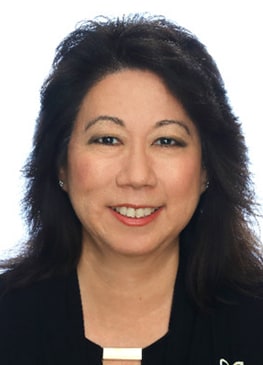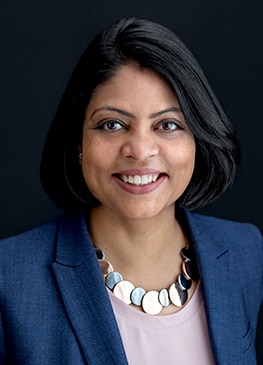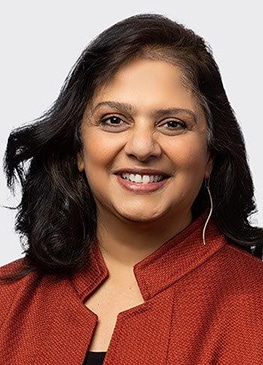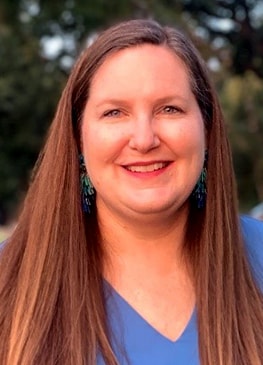Read the full interview here
-

Q. What were some early influences that really shaped who you are as a leader today?
A. I grew up in a very small town in India. My parents passed along many values to me that are key to my leadership journey. And I grew up in a family where my grandmother was living with us. She was a strong woman, and had a big influence on who I am.
The lessons she shared were that there are no shortcuts to hard work, and that education is important. And whining or complaining were always discouraged. I can still hear her saying, “Find a solution or don’t talk about the problem.”
-

Q. To be a leader today requires a certain level of comfort with disruption and uncertainty. What is it about your background that makes you comfortable in that environment?
A. When I was 18, I got into engineering school. Four months after I started classes, I lost my mother. It was very sudden and unexpected, and that changed everything for me. I felt like I grew up a lot. I shouldered a lot more. My father was devastated.
It was a defining experience for me, and it took me years to come out of the emotional trauma of losing her. But it taught me that you move on, and you make the best of every situation, regardless of how hard it is. There’s no way that we can control everything that happens around us.
-

Q. Have you encountered headwinds in your career because you’re a woman?
A. Biases come in many forms, and some people think that they’re doing the right thing, even though they are not. I worked back and forth between India and other countries for a good part of my consulting career. After I had my daughter, I returned to work, and my boss thought that I needed a role that was pretty light, even though he didn’t discuss it with me.
After six months in the role, I sensed there wasn’t a clear path to moving up, and some of my peers were overlapping with some of my responsibilities. I struggled at that time, because I had less awareness then of what I needed to do to advocate for myself.
In hindsight, the right thing could have been to address it with my boss, but the issue came up when I had a skip-level meeting with my boss’s boss, who asked how I felt about my role and whether I was challenged. He was very open-minded and understood where I was coming from.
He made sure that I got a role that was meaningful for me and worked it out with my boss. But in hindsight, I realized that that was not the best way to approach the issue. I should’ve dealt with it head on. At that point, it was too overwhelming for me to realize that I was sort of being pushed into a corner a little bit.
But I’ve learned to address those moments head on. There was a time when I was presenting with a colleague. He started talking about the topic, and he was supposed to stop and give me the opportunity to weigh in. But he kept talking and gave an overview of what I should’ve covered, thereby making my part a little redundant.
So, I immediately pinged him after the meeting. I wrote him an email and I said, “This is how I felt. We agreed that we were going to share the presentation time.” He called me and apologized and said he didn’t mean to come across that way. But I took a stand.
And that’s why I feel that women need sponsors to guide them to share those kinds of experiences. Women are sometimes taught to be non-confrontational. But there is a difference between confrontation and taking a stand and addressing a problem. Sponsorship and shared experiences will help women understand the difference, especially earlier in their career.
-

Q. What does the phrase “leadership presence” mean to you?
A. For me, it starts with candor. Executive presence is saying what you have to say and coming to the table with your facts but expressing it in a way that people understand the value and impact you want to achieve for the organization and the customer.
I also think that listening is a big part of executive presence. I learned some not-so-great habits early in my career as I was trying to assert myself in a room, and I had to undo some of them as I grew into leadership. The skill of listening is undervalued.







